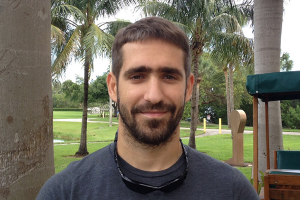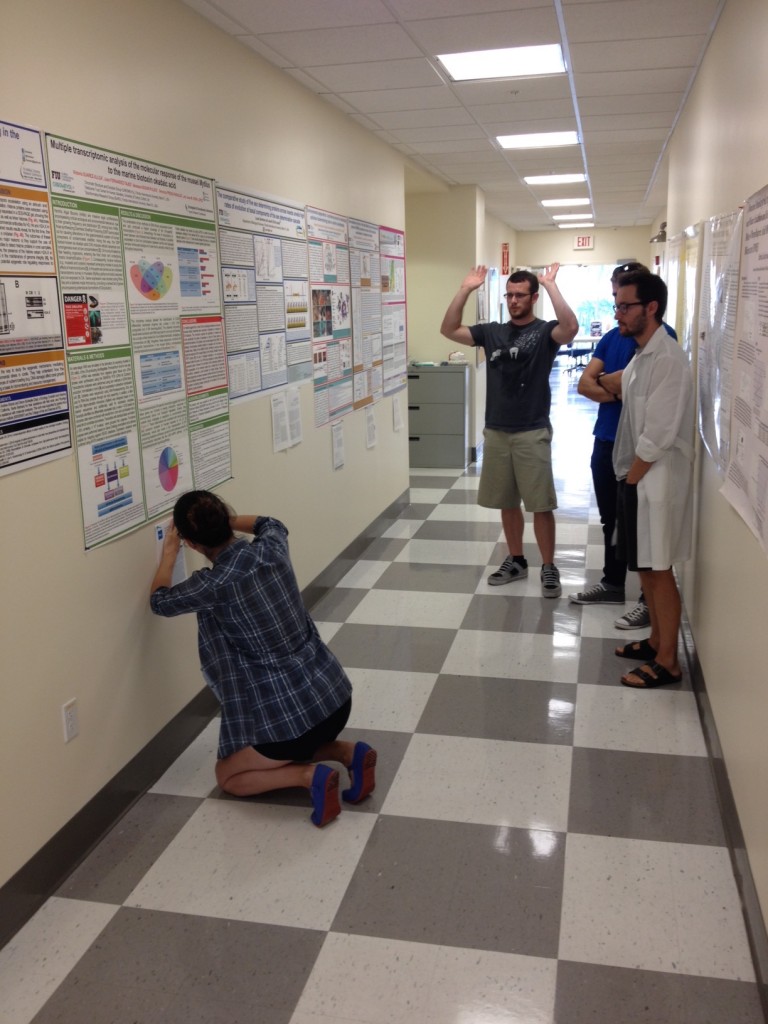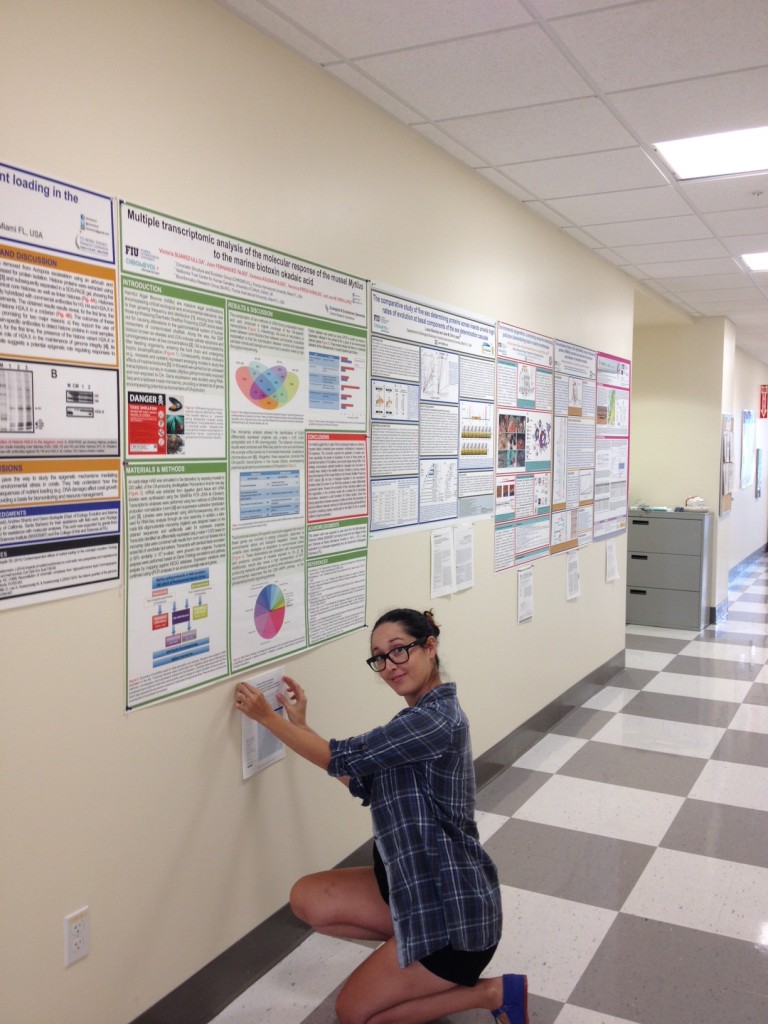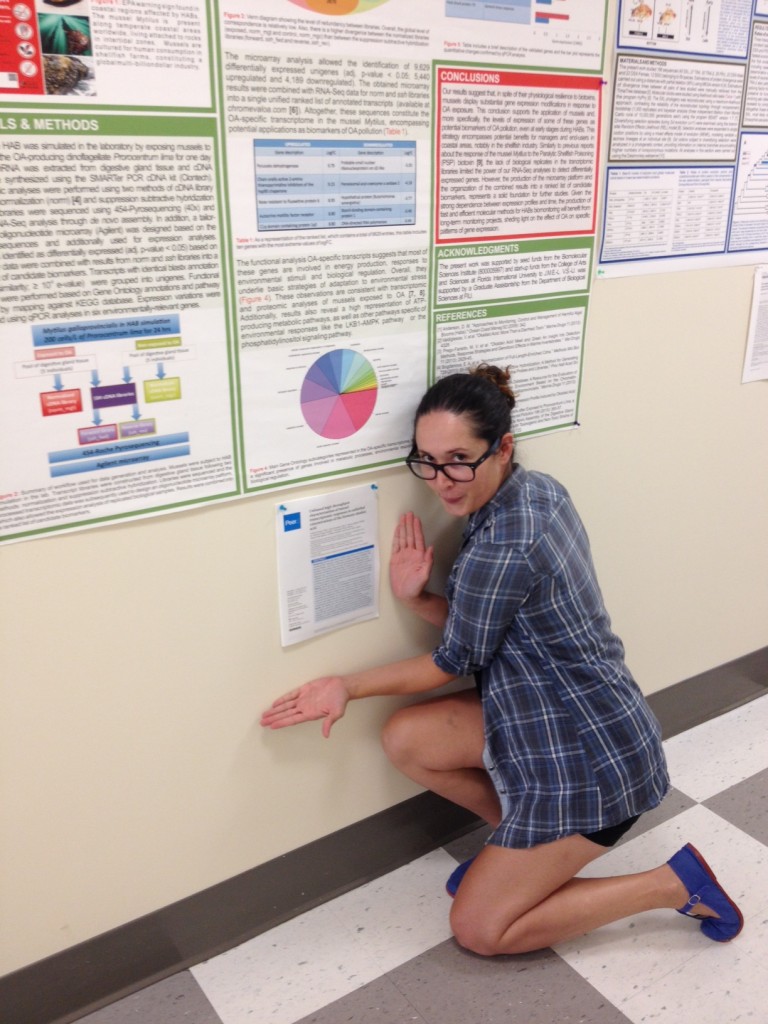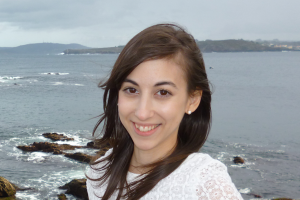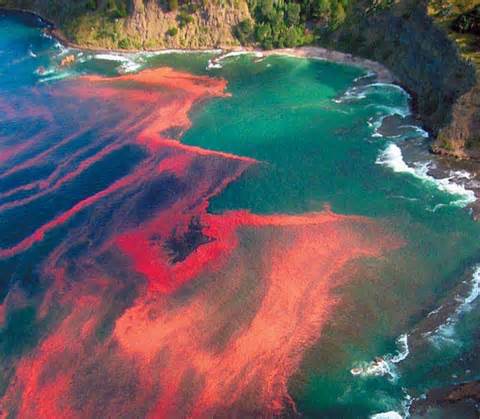Environmental epigenetics investigates the cause-effect relationships between specific environmental factors and the subsequent epigenetic modifications triggering adaptive responses in the cell. Given the dynamic and potentially reversible nature of the different types of epigenetic marks, environmental epigenetics constitutes a promising venue for developing fast and sensible biomonitoring programs. Indeed, several epigenetic biomarkers have been successfully developed and applied in traditional model organisms (e.g., human and mouse). Nevertheless, the lack of epigenetic knowledge in other ecologically and environmentally relevant organisms has hampered the application of these tools in a broader range of ecosystems, most notably in the marine environment.
Fortunately, that scenario is now changing thanks to the growing availability of complete reference genome sequences along with the development of high-throughput DNA sequencing and bioinformatic methods. Altogether, these resources make the epigenetic study of marine organisms (and more specifically marine invertebrates) a reality.
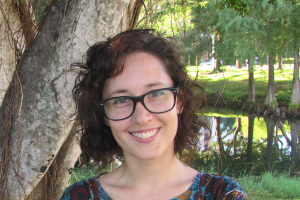
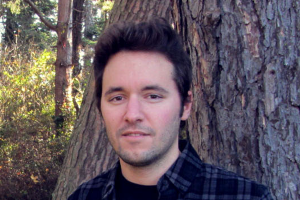 We have built on this knowledge to develop a review/perspectives paper on this topic, recently published in the journal Marine Pollution Bulletin. This work (conducted by Victoria Suarez-Ulloa and Rodrigo Gonzalez-Romero, grad student and postdoc at Chromevol, respectively) provides a timely perspective highlighting the extraordinary potential of environmental epigenetic analyses as a promising source of rapid and sensible tools for pollution biomonitoring, using marine invertebrates as sentinel organisms. This strategy represents an innovative, groundbreaking approach, improving the conservation and management of natural resources in the oceans.
We have built on this knowledge to develop a review/perspectives paper on this topic, recently published in the journal Marine Pollution Bulletin. This work (conducted by Victoria Suarez-Ulloa and Rodrigo Gonzalez-Romero, grad student and postdoc at Chromevol, respectively) provides a timely perspective highlighting the extraordinary potential of environmental epigenetic analyses as a promising source of rapid and sensible tools for pollution biomonitoring, using marine invertebrates as sentinel organisms. This strategy represents an innovative, groundbreaking approach, improving the conservation and management of natural resources in the oceans.

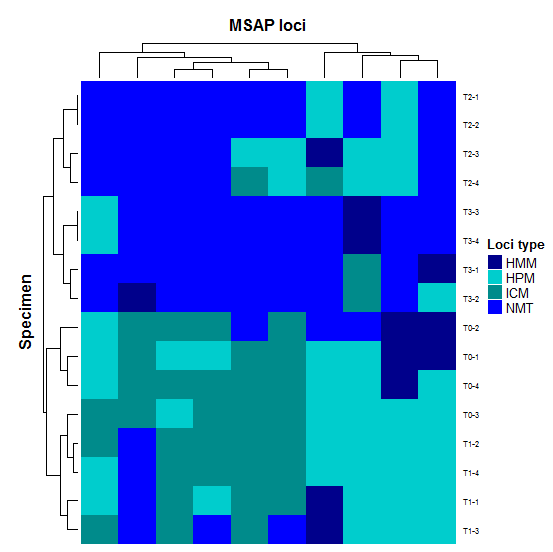
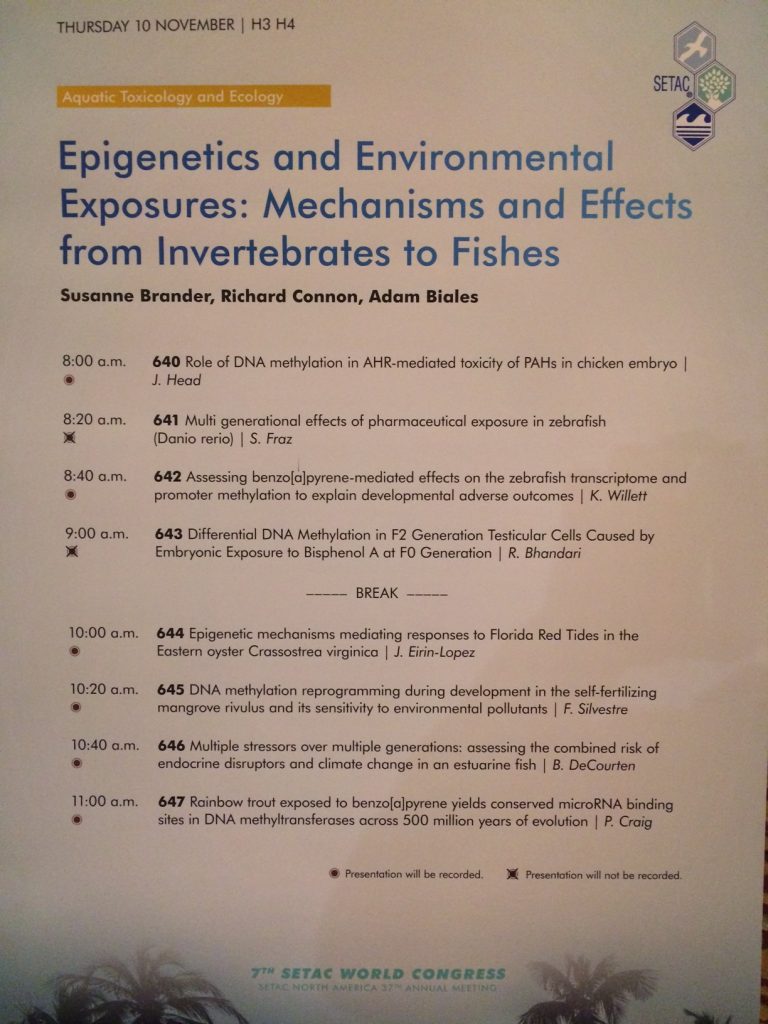
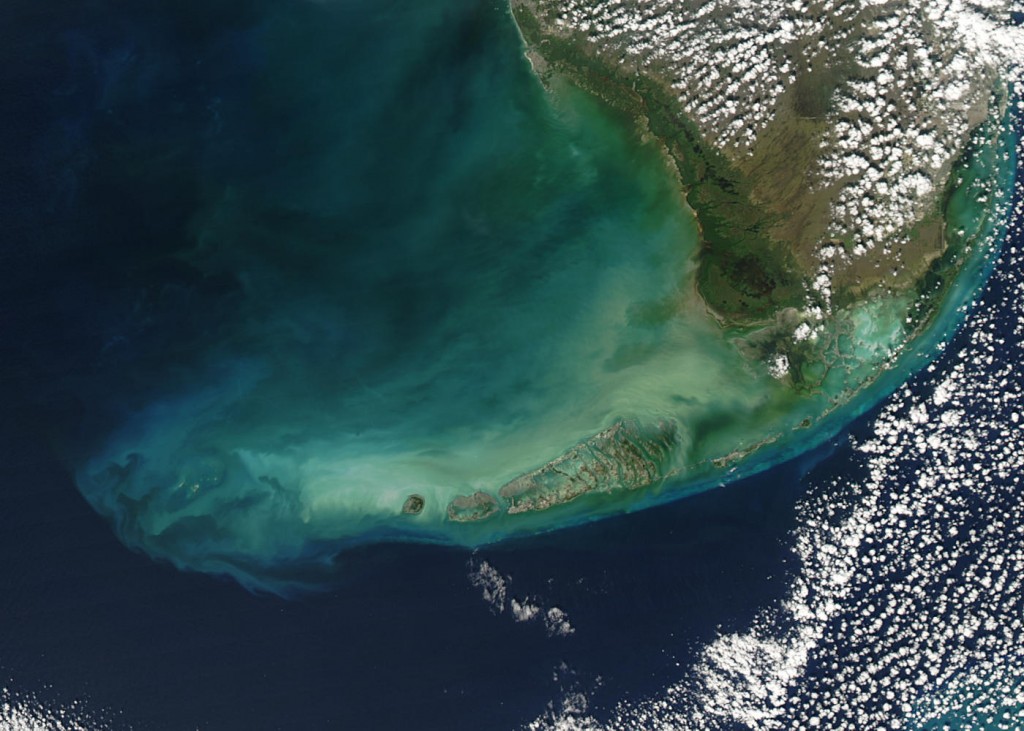 With a $5,000,000 grant from the National Science Foundation support (
With a $5,000,000 grant from the National Science Foundation support (